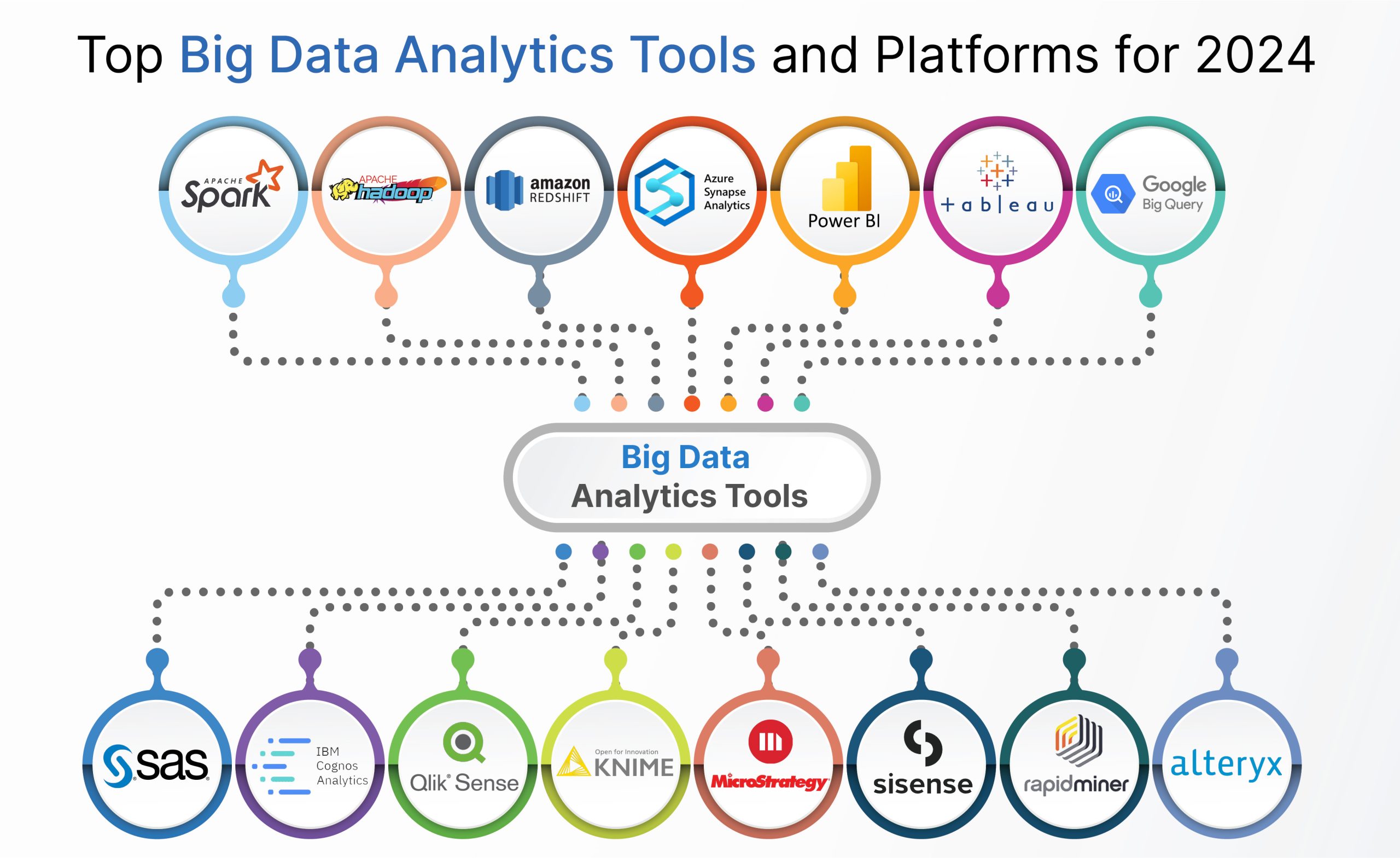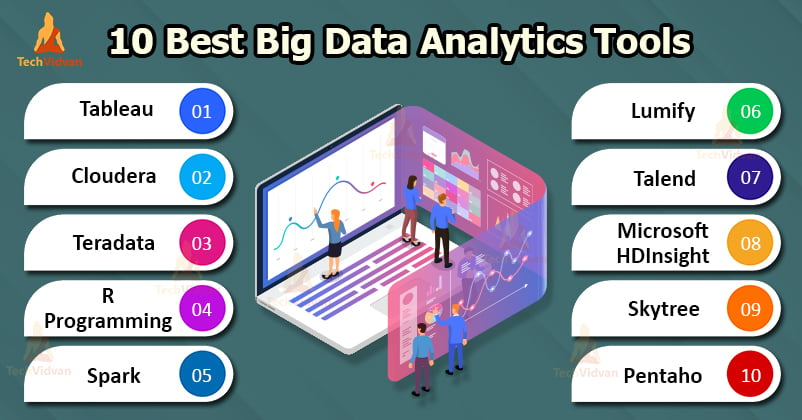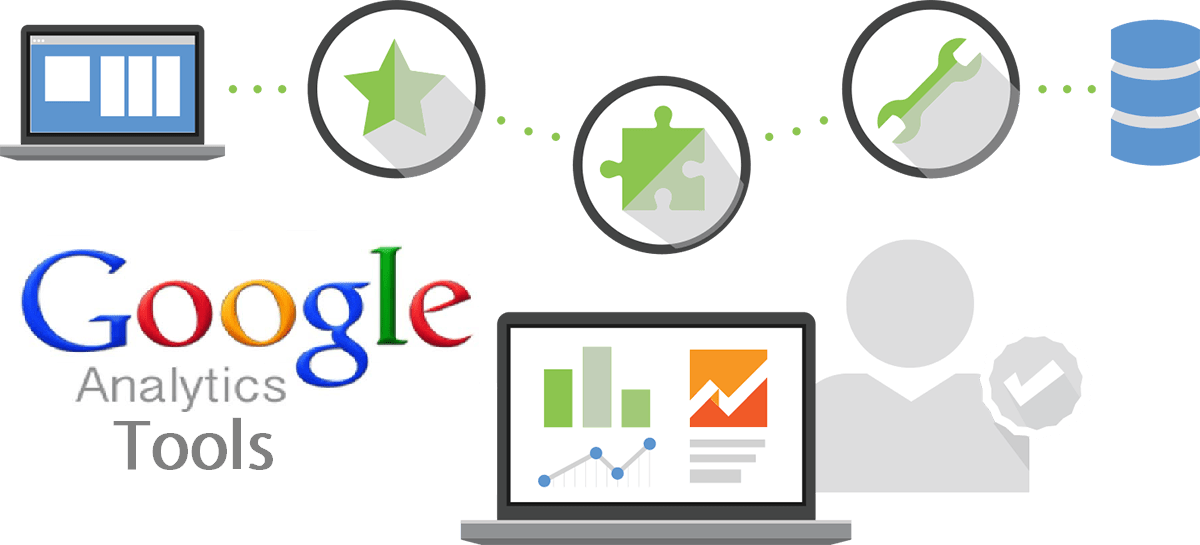Achieve Service Goals Faster Via Tailored Analytics Providers
Achieve Service Goals Faster Via Tailored Analytics Providers
Blog Article
Take Full Advantage Of Growth: Just How Analytics Drive Better Approaches
By taking advantage of information insights, companies can improve their functional approaches, expect market adjustments, and enhance customer interaction. The obstacle exists not only in gathering data yet in successfully interpreting it to drive tangible outcomes.
Comprehending Information Analytics
Information analytics is a systematic computational analysis of data that enables organizations to uncover significant patterns and insights. This process includes a range of strategies, including statistical analysis, anticipating modeling, and data mining, which collectively intend to transform raw information right into actionable information - Analytics. By employing these approaches, organizations can make educated decisions that are rooted in empirical evidence instead of instinct alone
The structure of information analytics hinges on its capacity to handle vast amounts of details from diverse resources. This consists of structured data, such as data sources, and disorganized information, consisting of social networks interactions and customer feedback. Through the use of specialized software and devices, experts can remove and refine this data efficiently, recognizing patterns and relationships that might not be promptly apparent.
Recognizing data analytics likewise involves identifying the relevance of information quality and honesty. Dependable and precise information is important for meaningful analysis; therefore, companies must execute durable data administration practices. The repetitive nature of analytics allows for continual refinement and enhancement of strategies, making sure that organizations continue to be agile in the face of altering market characteristics and consumer actions.
Key Advantages of Analytics

One of the crucial advantages of analytics is its capacity to give workable understandings. Organizations can promptly analyze vast amounts of data, discovering patterns that may not be promptly noticeable. This aids in anticipating market shifts and adjusting approaches as necessary. In addition, analytics cultivates a society of evidence-based decision-making, minimizing dependence on instinct and uncertainty.
One more considerable benefit is boosted consumer understanding. Analytics tools allow companies to segment their target market, track customer habits, and personalize marketing initiatives. This targeted technique not just boosts client engagement yet additionally drives greater conversion prices.

Implementing Analytics Approaches
To completely understand the advantages of analytics, companies must embrace organized techniques for execution. This starts with clearly specifying purposes that align with wider organization objectives. By establishing certain, quantifiable outcomes, organizations can focus their analytics efforts on areas that produce the highest return on investment.
Next, companies ought to focus on data governance to make sure the honesty and protection of the data being evaluated. This includes establishing up here methods for information collection, storage, and gain access to while sticking to appropriate laws. Making certain high-quality information is critical for creating meaningful insights.
Furthermore, cultivating a culture of data-driven decision-making is vital. This needs training workers to translate analytics findings and motivating cooperation across departments. They are much more most likely to incorporate understandings into their everyday operations. when teams understand the worth of analytics.
Last but not least, companies should routinely review and improve their analytics techniques. The landscape of data and modern technology is continually advancing, and remaining adaptable will permit companies to take advantage of new tools and techniques properly. By carrying out these organized approaches, companies can optimize the effect of their analytics efforts and drive sustainable development.
Devices for Effective Evaluation
Efficient analysis relies upon a variety of devices that facilitate the removal of insights from information - Analytics. These tools can vary from basic spreadsheet applications to innovative machine finding out platforms, each offering a special purpose in the logical process
Information visualization software application, such as Tableau and Power BI, plays an essential duty in transforming intricate datasets into easy to understand visual representations. These tools enable analysts to determine trends and patterns swiftly, enabling for even more informed decision-making.
Statistical evaluation software program, like R and SAS, offers advanced abilities for performing in-depth analyses, consisting of regression, theory screening, and anticipating modeling - Analytics. These features empower organizations to draw significant verdicts from their information, determining possible chances and dangers
In addition, database administration systems such as SQL and NoSQL data sources supply the essential infrastructure for storing and querying large volumes of data effectively. They ensure that data is arranged and accessible for analysis.
Lastly, business intelligence systems incorporate numerous data resources, supplying an extensive view of business performance. By making use of these tools successfully, services can improve their analytical capabilities, enabling them to establish strategies that make best use of development and enhance general performance.
Study of Success
Effective organizations frequently leverage information analytics to drive impactful approaches, as shown by a number of noteworthy case studies. One noticeable example is Netflix, which utilizes innovative formulas to evaluate viewer choices and actions. By using these understandings, Netflix has efficiently customized its content recommendations, leading to increased user interaction and customer retention. Their data-driven technique has definitely added to their standing as a leading streaming service.

Additionally, Starbucks uses data analytics to identify ideal store places and fine-tune its item offerings. By checking out customer demographics and purchasing patterns, Starbucks successfully determines high-potential markets and tailors its menu to local tastes, driving sales and client loyalty.
These situation research studies show that efficient application of information analytics can result in tactical advantages, fostering development and growth within organizations across various industries.
Conclusion
In conclusion, the assimilation of analytics into organizational approaches substantially enhances decision-making procedures and promotes lasting growth. The reliable application of analytics tools better supports dexterity and development, making it possible for organizations to browse competitive landscapes with higher precision.
Information analytics is a systematic computational evaluation of data that allows organizations to wikipedia reference discover purposeful patterns and understandings.Recognizing information analytics likewise entails recognizing the importance of information quality and stability. Exact and trustworthy information is essential for meaningful analysis; hence, organizations need to apply robust information administration practices.Next, companies should prioritize information governance to make sure the honesty and safety and security of the information being assessed.Successful organizations commonly utilize data analytics to drive impactful techniques, as confirmed by numerous notable situation researches.
Report this page